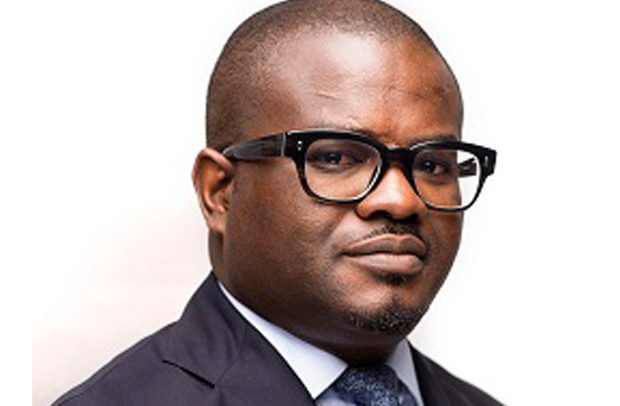Charles Adu Boahen
The government has made available an amount of GH¢80 million for the payment of the 50 percent special allowance for frontline health workers managing Covid-19 in the country.
Deputy Minister of Finance, Charles Adu Boahen, who made the known in Parliament yesterday said, “I want to reassure the House that adequate provision has been made for this incentive package within the Covid-19 Alleviation Plan.In fact, Mr. Speaker, we have put aside an amount of approximately GH¢80 million for this package,” he said.
Responding to questions on the floor of the House, the Deputy Minister said, however, that the Ministry of Health and the Ministry of Finance were working together to compile the data and do the necessary reconciliations to determine the particular health workers who are eligible for a 50 percent allowance.
The Member of Parliament (MP) for Ho Central, Benjamin Komla Kpodo had asked the Minister of Finance when the designated health workers would be paid the Covid-19 special allowance of 50 percent of their basic salaries.
Answering the question, Mr. Adu Boahen said, “This is an ongoing exercise and as soon as it is completed the payment will start.”
He, however, indicated that there had been a challenge to define who qualified as a frontline health worker and the designation thereof, adding that “in order to make sure we only pay those who are at risk of this pandemic.”
President Akufo-Addo in his 13th Covid-19 address extended the incentive package for health workers, particularly frontline staff in the Covid-19 case management teams, by another three months.
The President on Sunday night said all health workers will continue to pay no income tax for July, August and September.
Again, all frontline health workers, as defined by the Ministry of Health, in addition to the tax exemption, will receive an allowance of fifty per cent (50%) of their basic salary per month for the same period.
Already, the government has approved a daily allowance of GH¢150 to be paid to each of the contact tracers in the country.
By Ernest Kofi Adu, Parliament House


